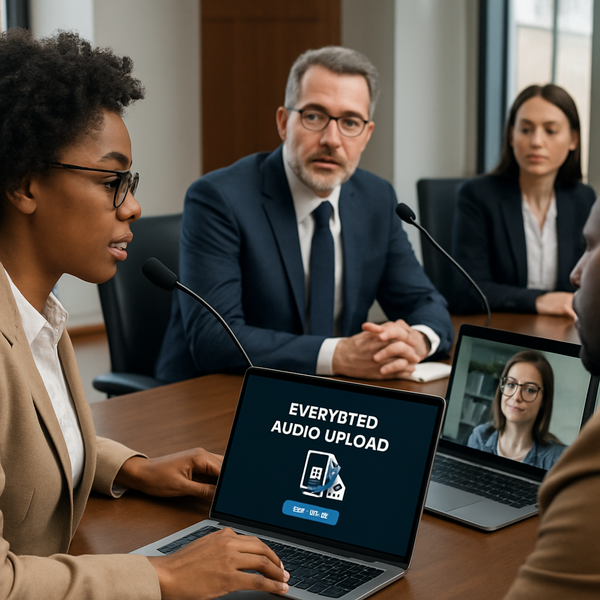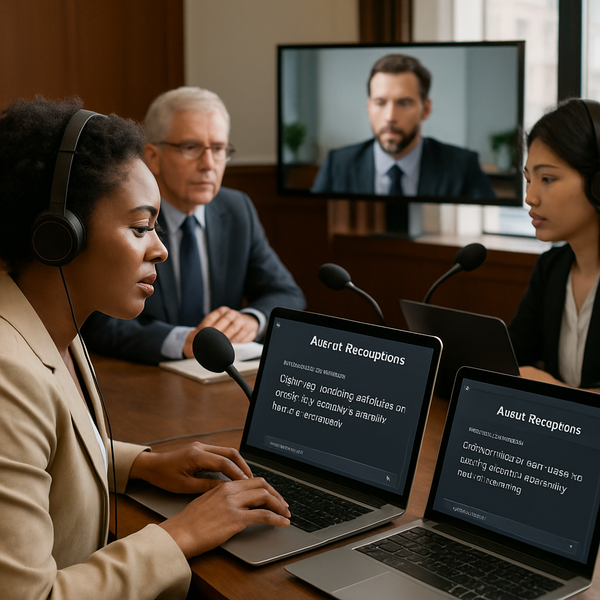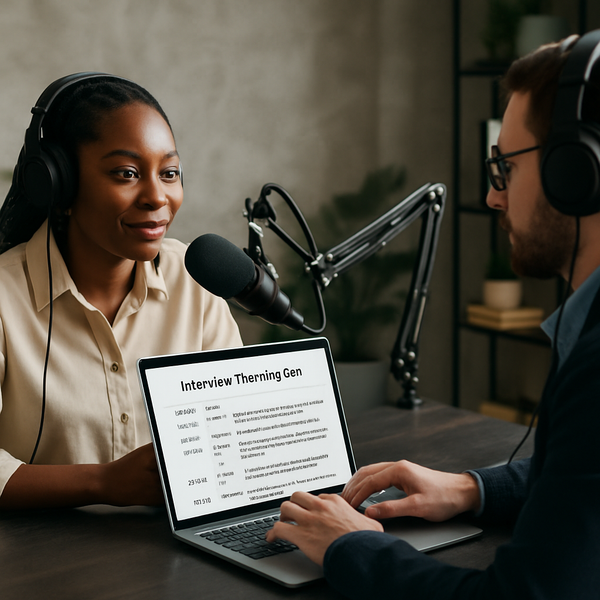The AI vs Human Creativity Debate: A Comprehensive Overview for NeuroHog.com
Exploring the debate between AI and human creativity, its implications on our understanding of innovation and self-expression.
The AI vs Human Creativity Debate: A Comprehensive Overview for NeuroHog.com
The debate between artificial intelligence (AI) and human creativity has sparked significant discussions across various fields, from technology to philosophy. As we explore this fascinating topic, it's essential to understand the nuances and implications of how AI is shaping our understanding of creativity.
The Nature of Creativity
Creativity is often defined as the ability to generate novel ideas or solutions. However, what truly distinguishes human creativity? Research suggests that humans possess unique emotional intelligence and contextual understanding, qualities that enable us to create meaningful and emotionally resonant works. In contrast, AI operates on data patterns and algorithms, which, while impressive, lack the intrinsic emotional depth of human creation.
Originality in AI-Generated Content
One key point in the debate is whether AI-generated content can be considered original. While AI can mimic human creativity by analyzing vast amounts of data, it doesn't possess consciousness or intent. This raises questions about the value of AI's output—does it hold the same significance when it merely mimics existing patterns without the depth of human inspiration?
Emotional and Contextual Understanding
Humans excel in empathy and understanding context, which drives our creativity. We can craft narratives that evoke emotions, create symbols with layered meanings, and produce works that reflect cultural values. AI, on the other hand, processes information without emotional nuance or cultural awareness. This lack of emotional depth often limits its ability to create truly innovative or meaningful content.
The Role of Copyright and Intellectual Property
The originality debate also extends into legal realms, particularly regarding copyright and intellectual property. If an AI creates a piece of art or writing, who owns it? Current laws are unclear, but this question is becoming increasingly relevant as AI's capabilities expand. Determining ownership and ethical usage will be crucial for artists and creators in the evolving digital landscape.
Examples of AI Creativity
Despite these limitations, there are notable examples of AI-generated content that impresses. From award-winning films to bestselling novels, AI has demonstrated its potential in various creative domains. However, these achievements often rely on the human input they were trained on, highlighting the interplay between AI and human creativity.
Philosophical Considerations
Philosophically, this debate touches on what makes us human. Creativity is a cornerstone of our identity, reflecting our abilities for innovation, empathy, and self-expression. If AI can replicate these traits, does it mean we're redundant, or does it merely augment our capabilities? This raises questions about the future of art and creativity in an increasingly AI-driven world.
The Future of Creativity
Looking ahead, AI has the potential to enhance human creativity by offering new tools for creation, analysis, and inspiration. Imagine AI tools that assist artists in brainstorming, writers in exploring new narrative directions, or musicians in experimenting with soundscapes. This collaboration could lead to unprecedented creative possibilities.
The Role of Human Creativity
Despite AI's advancements, human creativity remains irreplaceable. Our ability to think critically, empathize deeply, and create meaningful experiences will always be essential. As we integrate AI into our creative processes, the focus should be on augmentation rather than replacement.
Conclusion: Embracing the Synergy Between AI and Human Creativity
The debate between AI and human creativity doesn't have to be adversarial. Instead, it can serve as an opportunity to explore how these two forces can complement each other. By understanding AI's capabilities while valuing human qualities like empathy and originality, we can create a rich and dynamic future for art, innovation, and expression.
In conclusion, while AI offers exciting possibilities for creativity, the human element remains indispensable. Together, we can harness the power of AI to enhance our creative potential while continuing to celebrate the unique qualities that make us inherently human.



